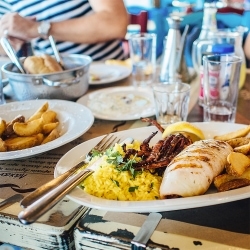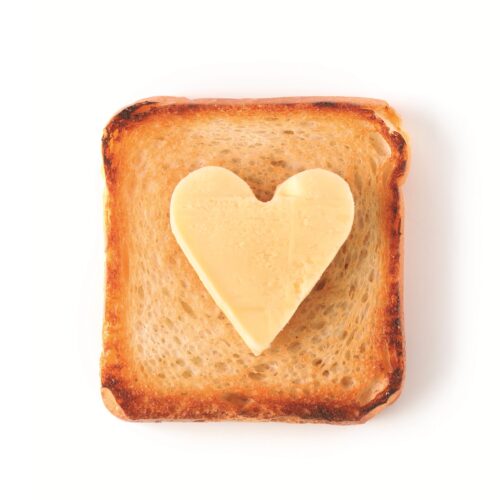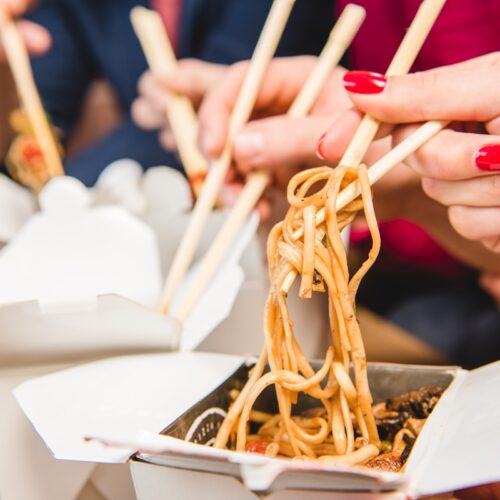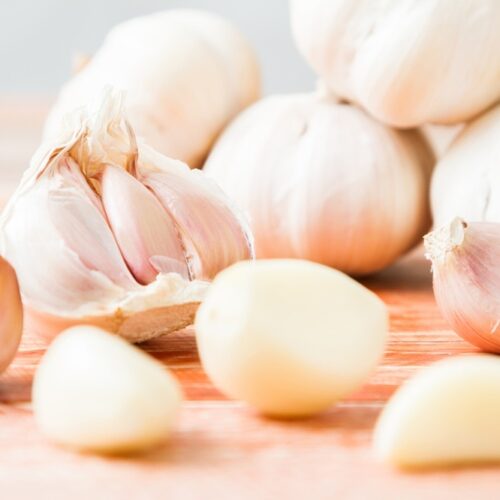
“You’re eating cake?! What is this, some kind of cheat day? I thought you were a clean eater?”
People are always curious about my eating habits. They want to know what I eat for lunch, curious to know if I eat breakfast, bread, or if I’ll even touch a potato?
I get it, I run a weight-loss website after all. People quiz my eating habits all the time, especially when I’m out with friends at a restaurant, or at a shared morning tea. They wonder if I’m going to get something like steamed fish with spinach, or if I’ll go straight to the fruit and skip the cake and truffles. They’re often shocked when I don’t make the decision they’d predicted.
Some people look at me, the guy who runs a weight loss and health website and ask why I’m eating cake?! Why did I order the burger and fries and wash it down with a milkshake? “How can you eat like this and then turn around preach about healthy eating on your website?!”
Other people just assume I’m on a cheat day, or that I’m rewarding myself for eating ‘clean’ all week.
Here’s the thing: I don’t believe in cheat days, or cheat meals and I think the notion of clean eating is flawed.
Cheat meals may seem like a harmless way to stay on track and eating clean might appear like a great way to approach life but adopting either of these approaches to food can subtly work to sabotage your efforts and slowly corrupt your mindset.
The new(ish) era of clean eating
Like so many diets and food movements, clean eating has been shaping up like a new religious cult. Clean food is to be worshipped, all other food is to be feared.
Yes, some foods are healthier than others but food is inherently neutral. It’s not good, bad, clean or dirty. These are labels people place upon food, people with marketing budgets and quotas to meet, books to sell and brands to build. These people have very clear intentions and labelling food as clean is part of a process that includes guiding us to make a particular decision, or more importantly buy a particular product.
You could argue that these intentions are good; clean food is supposed to be healthy so what’s wrong with guiding us towards healthier decisions?
The problem with the clean food mentality
We’re assigning moral values where they simply don’t exist. If we accept that particular foods are clean, it means that all the other foods must be dirty. These become foods we fear.
Suddenly we’ve assigned values of right and wrong, good versus evil. This is serious business – that bag of M&Ms in my pantry is full of brightly coloured serial killers. The banana cake I’d intended to make when we have visitors is actually the fifth horseman of the apocalypse.
Eek!
Right vs wrong, good vs evil, clean vs dirty. It all just puts too much pressure on us to do what other people have deemed the right thing and when we don’t, we feel guilty and ashamed.
Food is inherently neutral. By labelling it and assigning moral values we give it too much power to control our lives. It dominates our thoughts and doesn’t promote a healthy relationship with food and, in some cases, it’s how eating disorders start.
Cheats never prosper
It’s an expression that was drilled into me as a kid and like me, most of us are taught from a very early age that cheating is bad. Don’t cheat on your exams, don’t cheat on your partner, don’t cheat in sport. Cheating is wrong, it’s considered a character flaw and society frowns upon those who cheat.
When we refer to something as a cheat, we’re basically saying that this particular action or behaviour is not okay under normal circumstances.
When it comes to food this can be an especially damaging mentality. Cheat meals often become a reward for making healthy decisions. This has the potential to undermine your decision making, instead of consciously making good choices because you want to, you endure them so that you can reward yourself later. That’s not a healthy relationship with food.
I want you to choose to eat healthy foods because they taste good, you enjoy them and they help you reach your goals, not because someone else has deemed them clean or okay. Eat less healthy foods because you enjoy them too, not because you think you’ve been good for long enough that you’ve earned them.
Food shouldn’t be something we endure. Food shouldn’t be something we fear. Food should be something we have a positive relationship with and food should be something we enjoy.
Slowly working to change your mindset and your attitude towards food and how you consume it might just represent a fundamental shift in this relationship.
This blog is the opinion and experiences of its author and should not be taken as medical or dietetic advice. Healthy Food Guide has not verified the content and cannot endorse any advice given. Healthy Food Guide recommends seeking professional health advice for specific complaints or symptoms, or before undertaking a weight-loss program.
www.healthyfood.com











